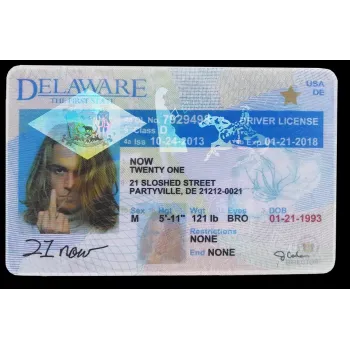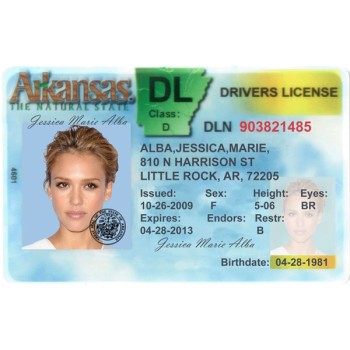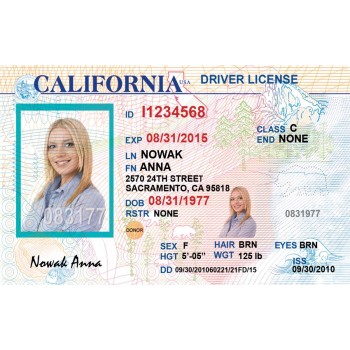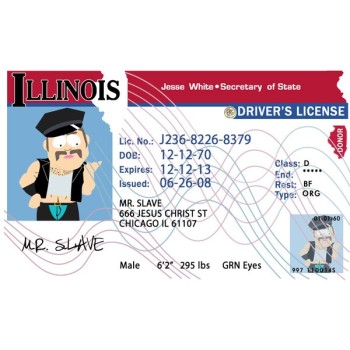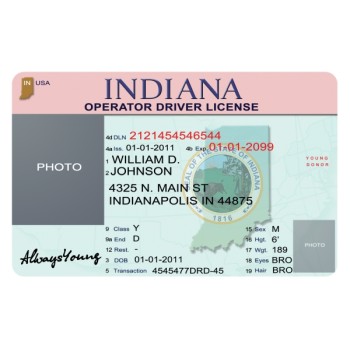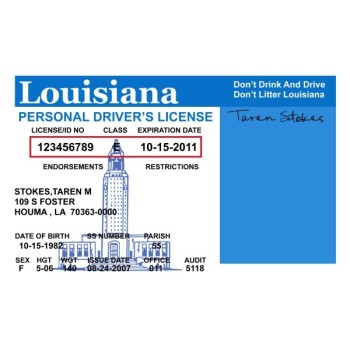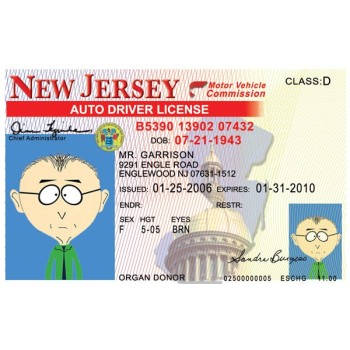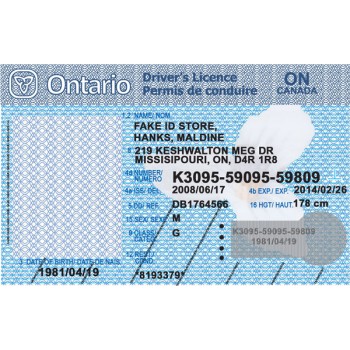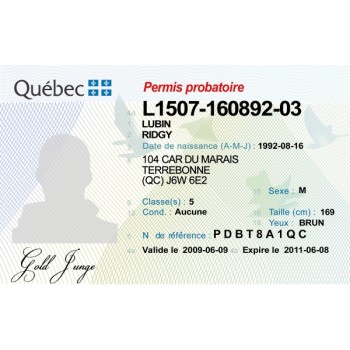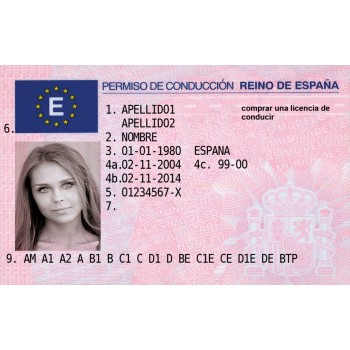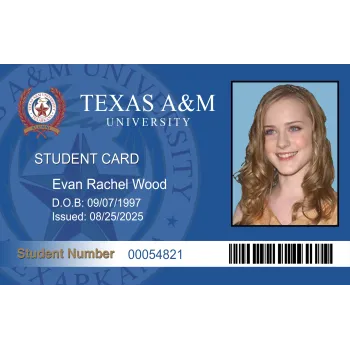In an era when being online is crucial, it is becoming increasingly commonplace to create false identities. This is not only taking place in crime activity, but also in presenting oneself online. On dating and social websites, most of us present our best selves, sharing our strengths and keeping our weak points hidden. Yet is there anything positive about having this be commonplace?
The Art of Self-Presentation
False identities aren't always created to dupe individuals for nefarious purposes, though. Presenting just pieces of yourself has existed even before the advent of the internet. Whether it's getting dressed up for an interview or creating a LinkedIn profile that talks about professional achievements rather than private issues, everybody creates identities in one form or another.
We require this "pretend" self in order to succeed. This assists us in feeling certain and confident, even when we haven't completely prepared. A beginner, for instance, can build up to an effective online profile in order to secure that very first job or gain respect professionally. "Fake" personas aren't always negative ones—they can assist us in learning and creating new possibilities.
The Role of Masks in Social Interaction
Masks were not just used to deceive others but also to stay safe and to change in the past. In ancient rituals, masks were worn to portray various roles or spirits, symbolizing change and renewal. Similarly, online identity today allows individuals to experiment with things—to try out ideas, relationships, or even versions of themselves, perhaps in ways they would not otherwise in the physical world.
For instance, someone who suffers from social anxiety may create an alias to use online, which allows them to speak to other people or befriend someone without fear of being judged. It allows them to switch from shy to confident—it provides them an opportunity to develop rather than hide.
The Dark Side: When Lies Fail
It is extremely significant that you listen to what is being said about the risks of fictional identities. Identity fraud and deceit lead to real issues harming individuals. But if you just look at these negative aspects, you are missing an opportunity to hear why individuals misrepresent things to start with.
Individuals become dissatisfied or feel unconnected to who they are, and that is why they invent false identities. They feel like they don't measure up or question themselves, and therefore, create these false identities to escape issues. This may help them feel better temporarily, but it creates significant issues in their lives and in relationships.
Finding Balance: Accepting Yourself
Learning
The secret to managing false selves is balance. We do not need to eradicate all lies, but rather be able to recognize that while they serve us, they also damage us. We can have better relationships and live life to its fullest if we become truthful to ourselves.
In addition, society can rely less on false identities. By making safe spaces for individuals to simply be themselves, to know one another, and to communicate honestly, we can make individuals feel heard and understood without the need to be dishonest.
The Future of Identity: A New Era of Sharing
The more advanced that technology is, the more effective we become at detecting and preventing identity fraud. Techniques such as fingerprint scanning, blockchain identities, and AI systems become increasingly difficult to maintain fictitious identities for an extended period of time. This shift to integrity could usher in an era where being authentic is not only appreciated but also merely expected of every person.
These changes also create issues of privacy and individual liberty. We must strike a fine balance between liberty and safety as we move forward.
Conclusion
Fake identities are both positive and negative. Fake identities allow people to gain further knowledge about themselves, yet, on the other, expose larger issues of society, such as insecurity and loneliness. If someone stands back to look at both the positive and negative aspects of fake IDs, he or she can create a world where there is more truth and fewer lies.
Ultimately, false identities can be positive or negative depending on what is done with them. Something to consider while coping with an increasingly complex online existence.



